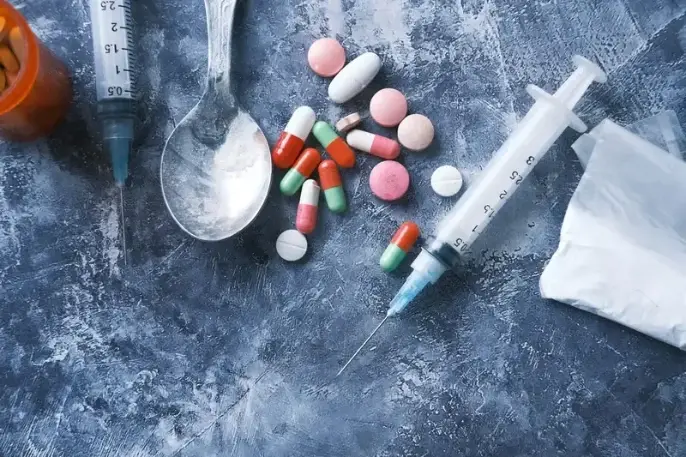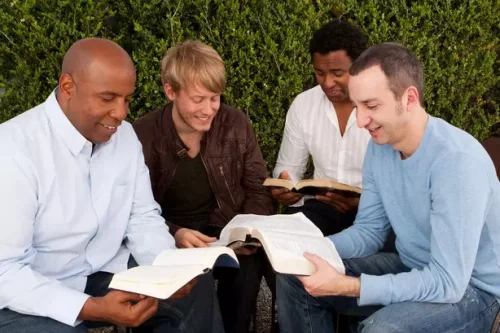When Someone You Love Is an Alcoholic or Addict

If you or someone you love has an alcohol use problem and are concerned about the impact it might be having on family and friends, talk to your healthcare provider. Effective treatments are available, and your provider can advise on next steps. Your provider can prescribe medications that can help people stop drinking and help with symptoms of alcohol withdrawal. They can also recommend treatment programs that may help with detox and recovery.

Loving Someone With Alcohol Use Disorder—Dos and Dont’s
The cost of sustaining an alcohol habit can stretch a relationship’s financial resources, leading to conflicts over money management, debt, and even basic needs. Join our supportive sober community where each day becomes a step towards personal growth and lasting positive change. This doesn’t necessarily mean that we should avoid alcohol alcohol and relationships completely of course, but it is important to understand how alcohol can affect us and our relationships with those around us, and the benefits of cutting down or going alcohol-free. Irina Gonzalez is the Content Marketing Manager at Tempest, a digital membership program that empowers you to quit drinking and live alcohol-free.
- And when you’re the one with a drinking problem, it can be tough to recognize the harm you’re causing and make a change.
- Before you realize it, you can find yourself in a full-blown abusive relationship.
- As you spend more time together, you’ll share more experiences and environments, likely impacted by each other’s drinking habits.
- A person who is developing alcohol use disorder will drink whatever they can obtain.
Codependency and Abuse

When your loved one swears to you and to themselves that they will never touch another drop of alcohol, you might believe them. Protect your children, and don’t hesitate to keep them https://ecosoberhouse.com/ away from someone who drinks and does not respect your boundaries. You just happen to love someone who is probably going to need professional treatment to get healthy again.
They Get Irritable When Not Drinking
Research indicates that alcohol may increase aggressive behavior through various psychological and neurobiological mechanisms. For instance, studies have shown that alcohol can disinhibit restraints on aggression, leading to increased impulsivity and violence. Symptoms of AUD can manifest in various ways, including a strong craving for alcohol, an inability to limit drinking, and withdrawal symptoms when not consuming alcohol. These symptoms significantly impact an individual’s daily life and relationships.

How Does Alcoholism Affect Romantic Relationships?

The group can give you a place to get social support and encouragement from others going through a similar situation. Natural consequences may mean that you refuse to spend any time with the person dependent on alcohol. If family members try to “help” by covering up for their drinking and making excuses for them, they are playing right into their loved one’s denial game. The key to dealing with alcohol dependency in the family is staying focused on the situation as it exists today. It doesn’t reach a certain level and remain there for very long; it continues to get worse until the person with an alcohol problem seeks help. Accepting unacceptable behavior usually begins with some small incident that you brush off with, “They just had too much to drink.” But the next time, the behavior may get a little worse and then even worse.
Signs alcohol may be affecting your relationship
Given the interdependent nature of dyadic behavior, one might reasonably wonder how relationship conflicts are impacted when one or both members of a couple becomes intoxicated? Overall, relatively few studies have utilized a dyadic approach to understanding alcohol-facilitated IPA. The authors indicated that intoxicated dyads exhibited more initial and sustained TAP aggression relative to sober dyads. Leonard (1984) noted that the high level of aggression among intoxicated dyads appeared to be determined by the high level of aggression established early in the interaction, which was then subject to further escalation over time. The impact of alcohol on relationships is widespread and can affect every single relationship a person is a part of. From intimacy problems and lack of emotional availability to the financial burden and negative effects on children, alcohol use disorder can affect partners, their children and other family members.

Alcohol and relationships leaflet: how alcohol can affect us
“It is also important to notice what happens to your emotions when you stop alcohol use. If you have been using alcohol to manage difficult or uncomfortable emotions or experiences, those emotions will intensify shortly after you quit using. In these cases, it is important to seek professional help to address and resolve those difficulties,” she adds. Social media can also be a great place to start making sober friends by following hashtags such as #soberlife, #soberissexy, and #sobercurious. “It will take time to adjust to a new normal but implementing mindfulness (such as deep breathing) when in a social setting helps you to focus on being fully present to the people you are talking to,” Stewart says.
Discuss issues when you’re sober, not when you’ve been drinking
The good news is you can still go out with friends and socialize when you’re trying to cut back. To make things easier, especially at first, try to choose places that don’t serve alcohol. Once you start to feel comfortable in social situations without a drink in your hand, the next step is to prepare yourself for people’s reactions. This can include binge drinking, which for males, is defined as consuming five or more standard-sized drinks during one drinking session, and females, four or more standard-sized drinks during one drinking session.
- Participants also cited high levels of conflict and arguing, another significant contributor to divorce, according to research from 2017.
- Over time, this pattern of behavior can erode the trust that is essential for a healthy and secure relationship.
- “It will take time to adjust to a new normal but implementing mindfulness (such as deep breathing) when in a social setting helps you to focus on being fully present to the people you are talking to,” Stewart says.
- Keep in mind that someone with alcohol dependence usually goes through a few stages before they are ready to make a change.
